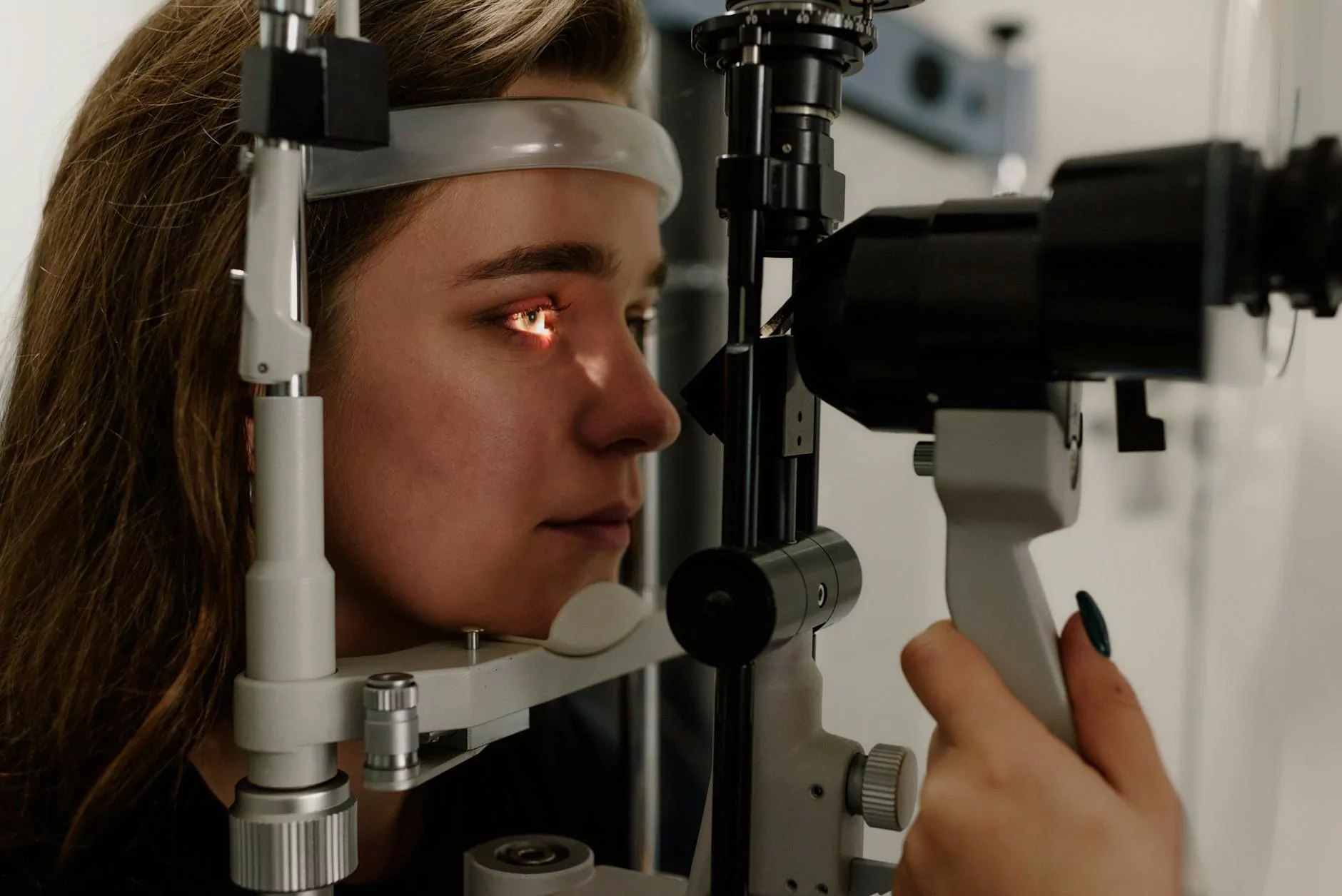The Role of a Pancreatic Cancer Specialist in Your Healthcare Journey

Pancreatic cancer remains one of the most formidable challenges in modern medicine, with a high mortality rate and often insidious onset. Individuals faced with a diagnosis may feel overwhelmed and unsure of the next steps. In these instances, the expertise of a pancreatic cancer specialist becomes invaluable. These skilled professionals not only provide medical treatment but also support patients emotionally and mentally throughout their treatment journey.
Understanding Pancreatic Cancer
Before delving deeper into the role of a pancreatic cancer specialist, it’s crucial to understand what pancreatic cancer entails. The pancreas, an essential organ in the digestive system, produces enzymes that help in digestion and hormones regulating blood sugar levels. When cancer develops in the pancreas, it can disrupt these functions significantly.
Types of Pancreatic Cancer
- Exocrine Tumors: Most common, including pancreatic adenocarcinoma.
- Endocrine Tumors: Much rarer, also known as neuroendocrine tumors.
Why Consult a Pancreatic Cancer Specialist?
Consulting a pancreatic cancer specialist is vital for several reasons, particularly due to the complex nature of the disease and its treatment options. These specialists play a pivotal role in:
1. Accurate Diagnosis
The journey often begins with a diagnosis. A pancreatic cancer specialist employs a range of diagnostic tools, including:
- Imaging Techniques: MRI, CT scans, and PET scans help visualize the pancreas and surrounding tissues.
- Biopsies: Involves taking tissue samples for pathological examination.
- Blood Tests: CA 19-9 tumor marker tests can assist in monitoring
2. Individualized Treatment Plans
Once diagnosed, work with a pancreatic cancer specialist to develop a tailored treatment strategy, which may include:
- Surgery: When applicable, oncologists perform procedures such as the Whipple procedure.
- Chemotherapy: Utilized to kill cancer cells or shrink tumors.
- Radiation Therapy: Often used in conjunction with other therapies to target tumor cells.
3. Management of Side Effects
Yet another crucial aspect of their role is managing the side effects associated with different treatments. This includes:
- Nausea and Vomiting: Medications can help to combat these common side effects.
- Pain Management: A significant concern for many patients.
- Nutritional Support: Due to pancreatic function impairment, dieticians may be involved to assist with proper dietary planning.
Additional Support Services Offered by a Pancreatic Cancer Specialist
A pancreatic cancer specialist often collaborates with a multidisciplinary team. This collaboration enhances patient care by incorporating a variety of support services such as:
1. Psychosocial Care
The emotional toll of a cancer diagnosis can be profound. Psychologists and counselors may work alongside the specialist to provide:
- Coping Strategies: Techniques to manage the emotional aspects of treatment.
- Support Groups: Connecting with others facing similar challenges can be invaluable.
2. Palliative Care
Palliative care is essential, focusing on improving the quality of life for patients. A pancreatic cancer specialist can help ensure that care is both comprehensive and compassionate, addressing:
- Symptom Relief: Alleviating pain and discomfort.
- Advanced Care Planning: Discussing goals and preferences for future health care decisions.
Finding the Right Pancreatic Cancer Specialist
Choosing the right pancreatic cancer specialist is a critical decision that can significantly impact outcomes. Here are some steps to guide you:
1. Research Credentials and Experience
Look for specialists who are board-certified in medical oncology or surgical oncology with specific experience in pancreatic cancer treatments.
2. Evaluate Hospital Affiliations
Research hospitals associated with the specialist. Institutions that are National Cancer Institute (NCI) designated cancer centers often provide cutting-edge treatment options and clinical trials.
3. Consider Multidisciplinary Teams
Ensure the specialist is part of a team that collaborates across disciplines to provide holistic care. This team should include surgical oncologists, medical oncologists, radiologists, nutritionists, and palliative care experts.
4. Assess Communication Styles
It is essential that you feel comfortable discussing your concerns and preferences. A specialist who listens and communicates effectively will help allay fears and build a supportive patient-provider relationship.
Innovative Treatments and Research in Pancreatic Cancer
Ongoing research is crucial in the fight against pancreatic cancer. A pancreatic cancer specialist should stay updated on the latest findings and treatment innovations, which include:
1. Clinical Trials
Many specialists are actively involved in clinical trials that explore new therapies that could offer improved outcomes compared to standard treatments. Participating in a trial can sometimes provide access to cutting-edge treatment.
2. Targeted Therapies
Advancements in understanding the genetic mutations associated with pancreatic cancer have led to targeted therapies that specifically combat those mutations, offering a new line of defense.
3. Immunotherapy
This emerging treatment modality seeks to utilize the body's immune system to fight cancer. As more research is conducted, immunotherapy may become an integral part of treatment regimens for pancreatic cancer patients.
Conclusion: Empowering Your Healthcare Journey with a Pancreatic Cancer Specialist
While being diagnosed with pancreatic cancer can be an incredibly daunting experience, the guidance of a skilled pancreatic cancer specialist can illuminate the path to recovery. From accurate diagnosis to the crafting of personalized treatment plans and ongoing support throughout your journey, these specialists are an invaluable asset. By understanding the role these experts play, you can take confident steps toward optimal care and an improved quality of life.
For those seeking excellence in pancreatic cancer care, visit oncologicalsurgery.net to learn more about the specialists available in your area.









